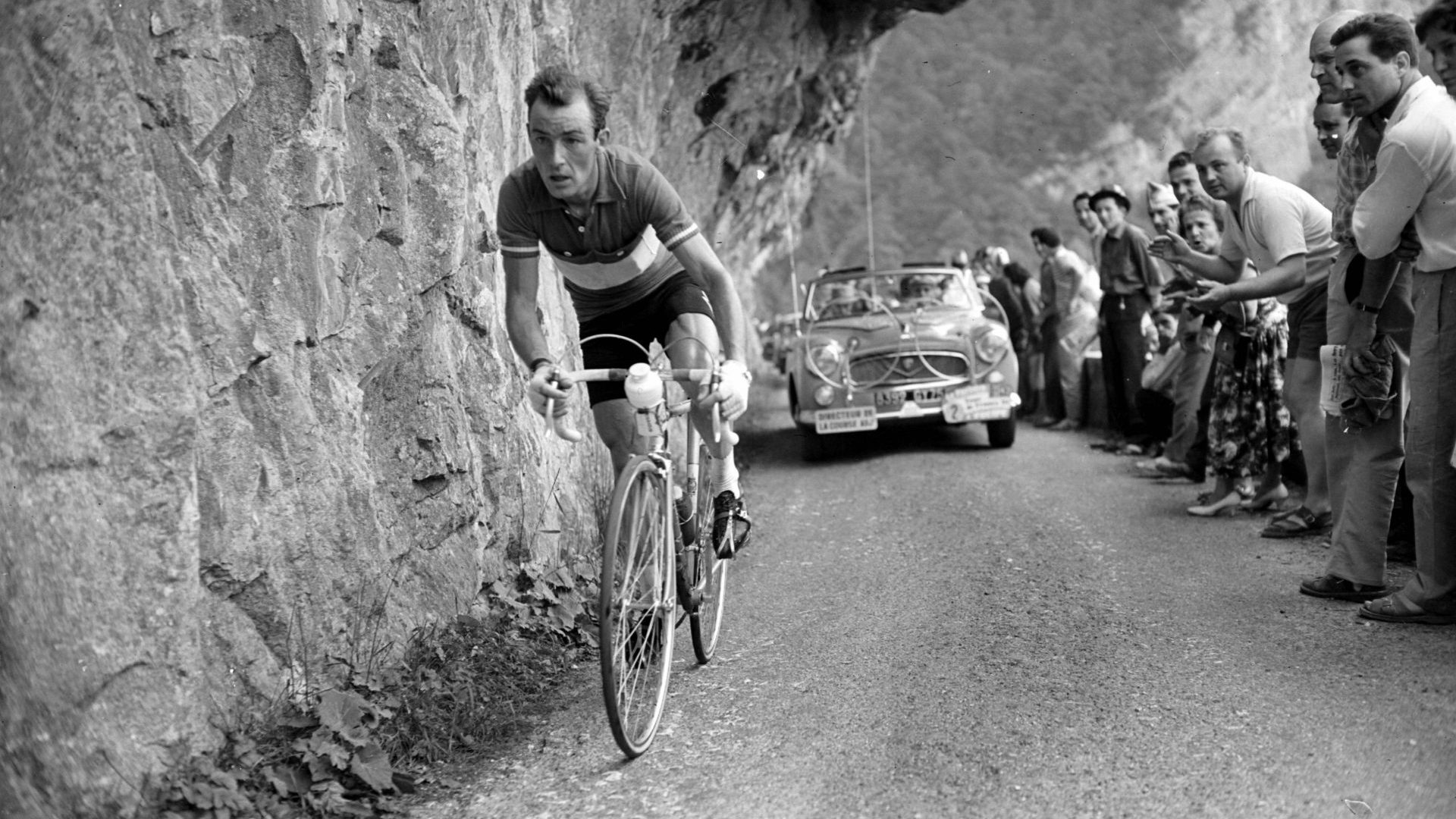There is a scene from a TV show I keep coming back to. It’s from The IT Crowd, that old sitcom, and involves a character typing on his computer in the office while keeping a watchful and worried eye on a fire spreading around the room. Still, he keeps working, at least for a while.
It’s largely what it has felt like to try and live a normal life for the past few years as various governments have fallen apart. The Conservative Party tore itself to pieces, but still life had to go on; Donald Trump was elected in 2016, but there were still bins to take out and countertops to clean.
I am currently typing – quite literally – while keeping a watchful and worried eye on France, my fatherland and a country rapidly sinking into complete chaos. At time of writing, it looks as if the government is about to be toppled.
It hasn’t made the headlines on this side of the Channel as much as it perhaps should have, but I can give you a primer. Essentially, the right wing prime minister, Michel Barnier, is attempting to get a social security financing bill through the National Assembly. It would, among other things, cut employers’ social contributions, partially end the inflation-indexing of pensions, and make the prescription drug reimbursement policy less generous.
Crucially, it is also very unpopular. The left wing coalition doesn’t like it, and neither does the far right. As a result, it is unlikely that the bill will pass. In order to try and get around that, it is rumoured that Barnier may resort to what the French called “un 49.3”. The contentious practice is an executive power, included in the constitution, which allows a government to adopt certain measures without a vote.
It is handy but controversial; a previous iteration of the government used it a few years ago, and the country was apoplectic about it. If Barnier decides to go down that particular road, the left has already said that it would vote in favour of a no-confidence motion against the government. The far right kept its cards close to its chest for a while, but has now said it would also vote to get rid of Barnier and his ministers.
It is, to say the least, an uncomfortable position for a government to be in, but only represents a few flames among the wider fire. If anything, it isn’t about social security financing at all. Sure, some of the measures Barnier is proposing are politically tough to argue for, but that’s not the point.
The real problem is that France is in a tunnel and there is no light at the end of it. The bill is incredibly unlikely to pass but, even if it were, it wouldn’t matter at all. Soon, in a few weeks or months, there would be another one, and that bill would block the National Assembly again. Once a confidence vote gets called, in a day or a year, the government will lose.
When that happens, Emmanuel Macron will have to choose a new prime minister, and this new prime minister, whoever they are, will not be able to get any legislation through the assembly. This will invariably lead to another no-confidence vote, and presumably another prime minister who will also fail to get anything done. The president called a snap election in the summer because he felt that the situation was untenable and, in the process, managed to make everything considerably worse. There is no majority for anything in the National Assembly any more: at most, they can only agree on what they do not want.
I sometimes wonder if Macron knew that this would happen; realised there was no escape, but still decided to go to the country, because feeling like you’re doing something is better than doing nothing. The truth is: a far right victory at the next presidential election now looks virtually certain.
Of course, 16 months is a long time in politics, and a great, charismatic, unifying candidate may still appear from somewhere. It doesn’t exactly feel likely though, and the current stalemate is only guaranteed to benefit one side of the political spectrum.
There is a world in which the left could have benefited from it as well, but their internecine wars following the election showed them to be incapable of handling even the promise of power. Le Pen, instead, has now spent years looking ready and willing.
Optimists may point to the fact that she is currently embroiled in a court case that may find her ineligible to stand in 2027, but what a thin silver lining that is. Jordan Bardella, her right-hand man, could still be the candidate. In any case, the millions of people clamouring for a far right government won’t have their minds changed by a criminal conviction. Surely recent history has shown us this.
What this means in practice is… well it’s anyone’s guess, really. Things are obviously going to get worse before they get better. Still, life must go on, and I’ve got a haircut booked for this afternoon. I’ll keep an eye on the fire from there.



